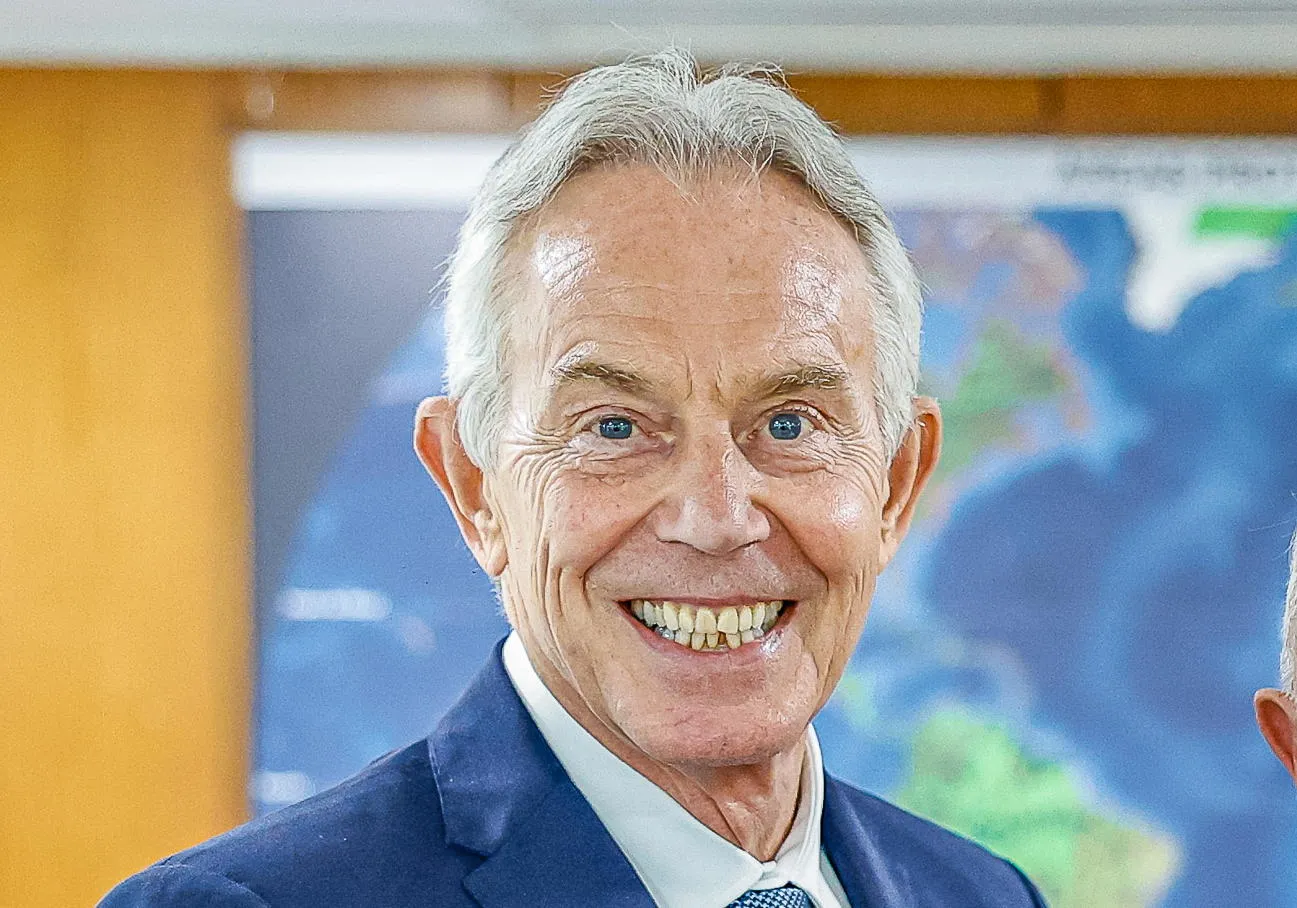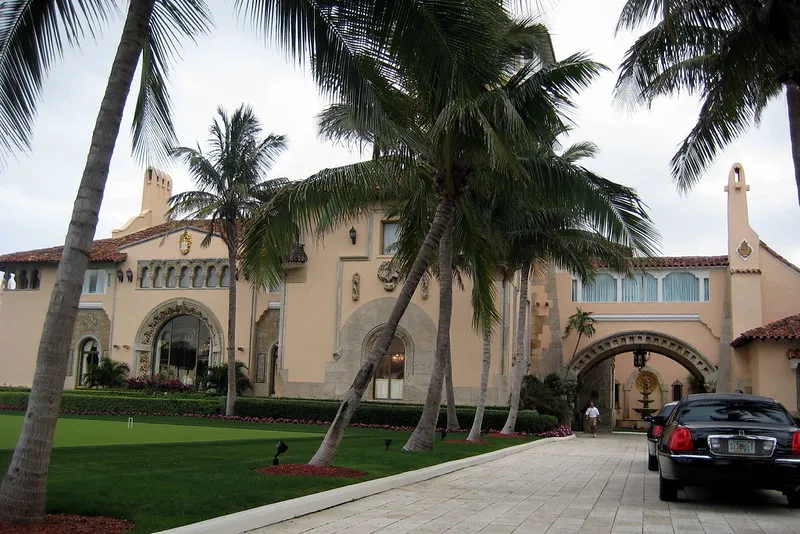For about two years, the City of London and Wall Street financial centers have targeted Bolivia for destabilization and economic dislocation. They complained about the government’s “statist” model, which has produced across-the-board economic gains since 2006-07. Bolivia was also at fault, the line went, for maintaining a fixed exchange rate and was ordered to devalue the currency. Wall Street predators shrieked about the shortage of dollars and predicted that the government was headed for a full-blown economic crisis. The intensity of these attacks continued in 2023-24 as the three main rating agencies, Fitch Ratings, Moody’ and S&P Global Ratings produced negative ratings, claiming to be concerned about the country’s economic stability and ability to meet debt obligations.
Their real concern was that President Luis Arce has spent the four years of his presidency consolidating partnerships with BRICS members China, Russia, Brazil and India and branching out to countries of the Global South. Bolivia will likely become a new BRICS member at the BRICS summit in Kazan, Russia over Oct. 22-24. But Arce is also dealing with devastating forest fires which are ravaging Bolivia’s eastern region and is facing political turmoil stemming from former President Evo Morales’ sometimes violent campaign to be allowed to run for a fourth term in the 2025 presidential elections, despite the Constitutional Court’s decision prohibiting that. Both factors have a destabilizing impact.



